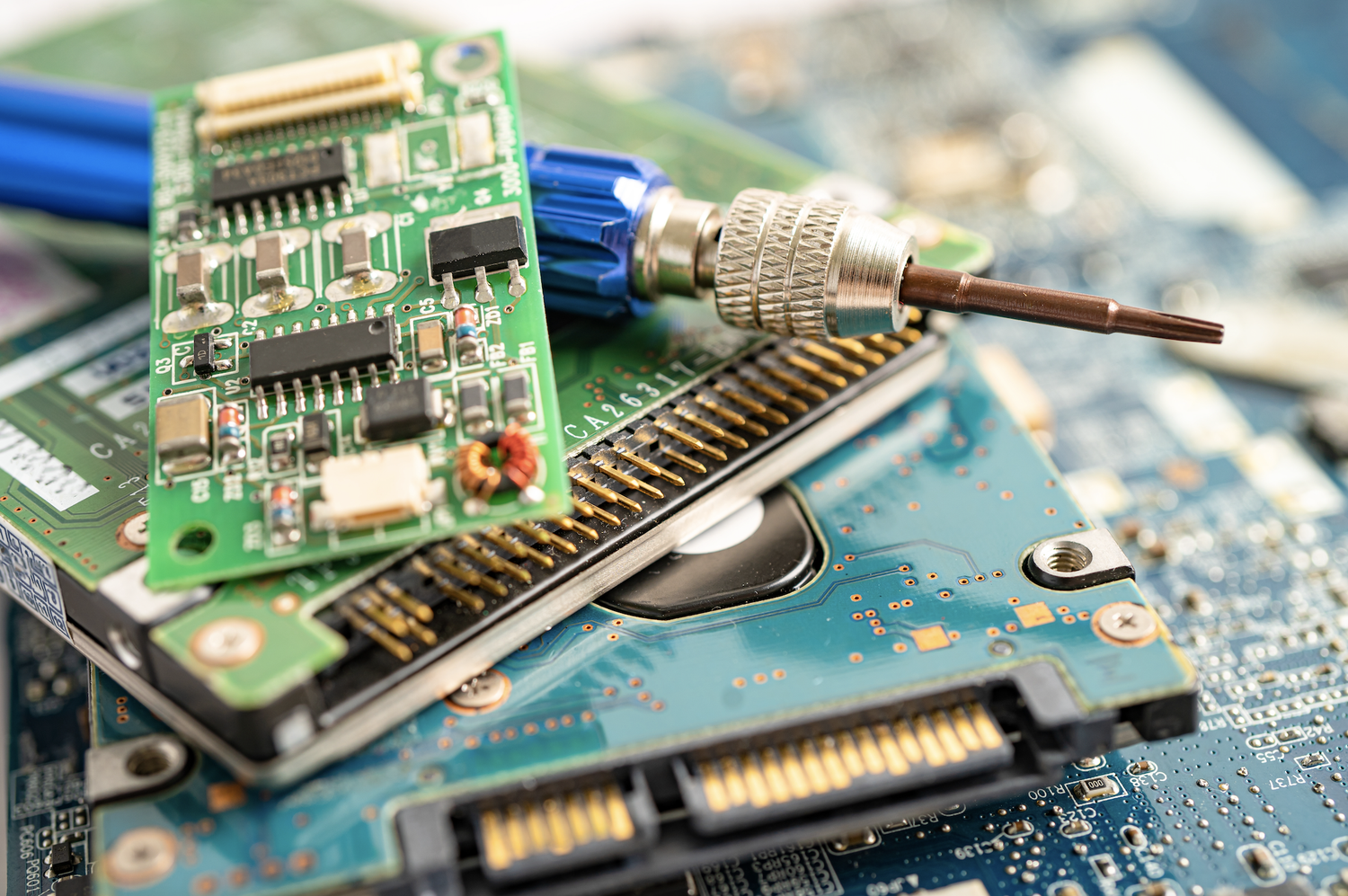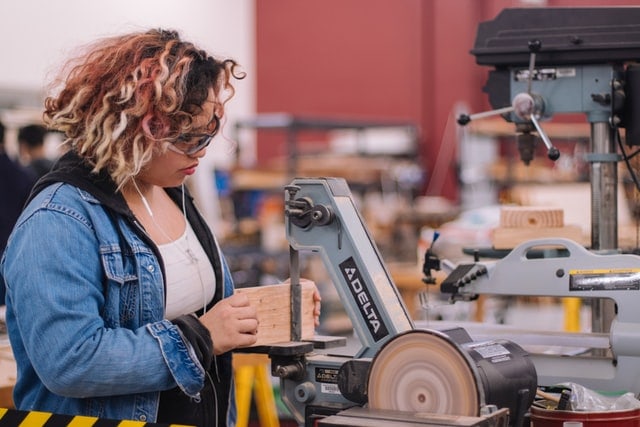This blog post was originally posted on December 15, 2021.
Research indicates that each person will produce approximately 7.6 kg of electronic waste in 2021. It means that the world will have 57.4 million tons of e-waste.
Electronic waste, also known as e-waste, includes electronic products or components that are no longer usable. Unbeknownst to most consumers, electronics contain an array of toxic substances that negatively impact your environment.
An excellent way to reduce the environmental impact of electronics is by repairing and reusing them for as long as possible. Here, we discuss how you can repair, reuse, and recycle the electronics lying around in your home:
Why is E-Waste a Problem?
E-waste encompasses electronic and electrical appliances, components, and equipment that’s unwanted or outdated. It includes smartphones, computers, refrigerators, and virtually anything that runs on electricity.
E-waste contains dangerous chemicals like mercury, lead, beryllium, cadmium, brominated flame retardants, and harmful gases. A laptop emits between 227 to 270-kg carbon dioxide during the manufacturing process.
In addition, electronics thrown into the trash are often mishandled, causing them to end up in the soil, air, or water. As a result, it harms humans, animals, plants, and the overall environment.
The production of electronics also eats up a large portion of our fossil fuels and natural resources. An average 24-kg computer and 27-cm monitor requires 240-kg of fossil fuels and 1500-kg of water.
At the same time, a microchip takes up 70 pounds of freshwater. Thus, to protect our fossil fuels, natural resources, and the environment, we need to reduce e-waste.
Repairing Old Electronics
Often, when an electronic or electrical device stops working, you can get it repaired. But the thought of repairing becomes overwhelming, and people end up dumping their old units for a new one.
But if you consider the cost of environmental damage caused by e-waste, a new replacement isn’t so budget-friendly. So, instead of throwing out your old electronics, try to fix it yourself or ask a qualified electrician to help you.
Tips and Tricks to Repair Old Electronics
Instead of tossing your old devices, consider repairing them yourself or by a professional:
· Look for a local repair shop
· Repair it yourself with essential tools like the Pokit Meter
· Repair cafes are becoming increasingly popular and offer free repairs to reduce e-waste
· Find a friend, family member, co-worker, or neighbour who is good at fixing electronics and repay them by offering a service
Reusing of an Old Electronics
Once you purchase a new, state-of-the-art model, it’s unlikely you’ll use the older one. Chances are, you’ll either throw it in the trash or store it in your attic. Consider transferring the device to a relative, friend or donating it to charitable organizations.
Alternatively, you can resell your old and unused electronics through online platforms like Amazon and eBay.
Tips and Tricks to Ruse Old Electronics
If your old electronics and electrical devices are still working, you can reuse them in the following ways:
· Re-gift your used device to a relative, friend, or acquaintance
· Places like Salvation Army, Goodwill, and other non-profit charitable organizations accept usable old electronics
· Donate your electronics to your local schools, homeless youth programs, local refugee organizations, or other various groups that can benefit from used electronics
· Make some cash by selling your devices through either local resale apps or websites, such as Facebook, Amazon, and Gazelle
Recycling Old Electronics
E-waste contains various potentially toxic chemicals and valuable materials. In an attempt to reduce e-waste and its negative impact, you need to recycle your used electronics.
Affordable all in one tools such as the Pokit Pro, which contains a multimeter, data logger, oscilloscope and spectrum analyser can help you see which parts are working or not, so you can see what can be salvaged.
Try to safely recycle your electronics to recover metals and materials for reuse and appropriate disposal of toxic substances. If you cannot recycle yourself, you can give your electronics to recycling companies or your local recycling community.
Why Should You Recycle Electronic Waste?
Recycling is an excellent way to reduce the negative effects on the environment and climate. Here’s why:
· It helps conserve essential raw materials
· By recycling, you can protect natural habitats
· It’s also a fantastic way of saving energy
· Recycling ensures your electrical devices don’t end up in waste landfills
Tips and Tricks to Recycle Old Electronics
Let’s discuss several ways you can recycle your old electronics:
· Find a good e-waste recycler or responsible recycling service where you can toss your old and broken electronics and electrical devices
· Best Buy and Staples stores accept various e-waste products for recycling
· Set an e-waste recycling policy to ensure everyone from your office and home responsibly recycles old electronics
· Explore your local recycling communities to find out which products they accept
Reasons Why You Should Repair, Reuse, and Recycle Old Electronics
We’re all guilty of dumping our old smartphones or refrigerator without considering repairing, reusing, or recycling it.
To motivate you to recycle or reuse your old electrical appliances and electronics, we’ve created a list of reasons you should do so:
· Repairing your old electronics instead of buying a new one can help you save costs
· By reducing, reusing, and recycling broken and unwanted electronics, you can ensure they don’t end up in waste landfills
· By getting electronic repair services from your local repair shop or by donating, you help your community grow and thrive
The Bottom Line
E-waste is a rapidly growing waste stream that harms people and the environment. Decrease your carbon footprint by thinking twice before throwing away your old electronics.
Check out your local recycling programs and communities to reduce your carbon footprint.




Leave a comment
This site is protected by hCaptcha and the hCaptcha Privacy Policy and Terms of Service apply.